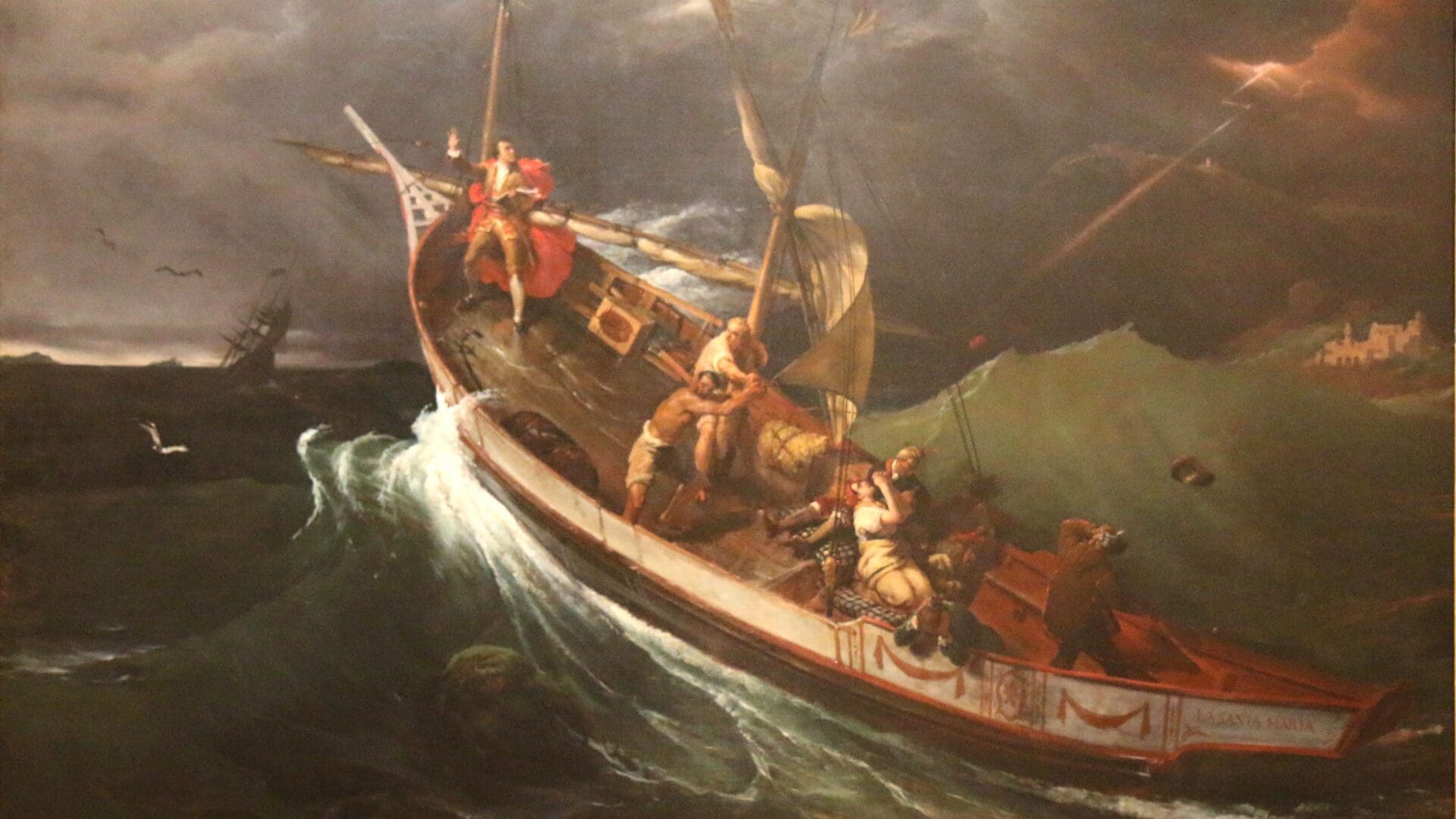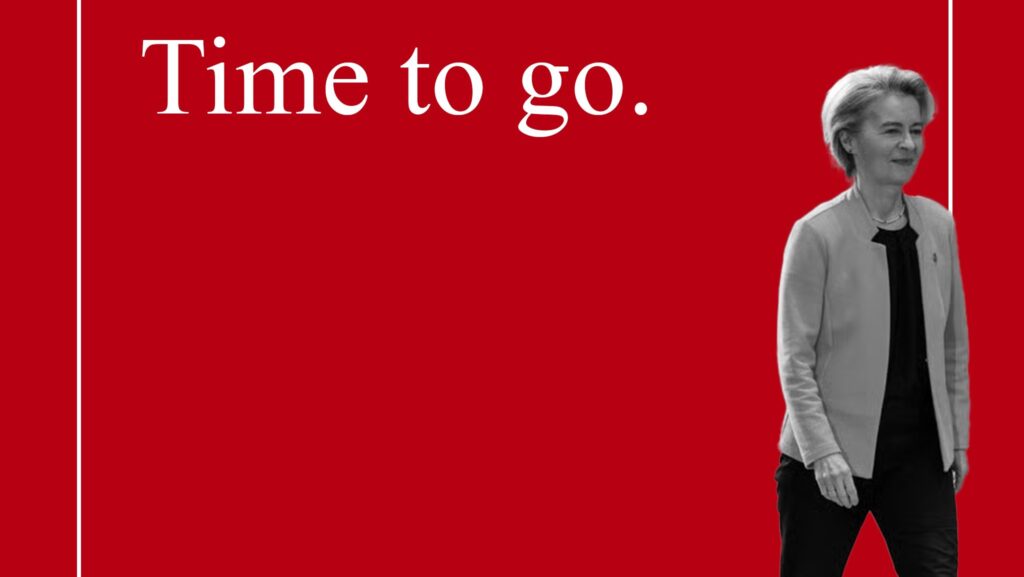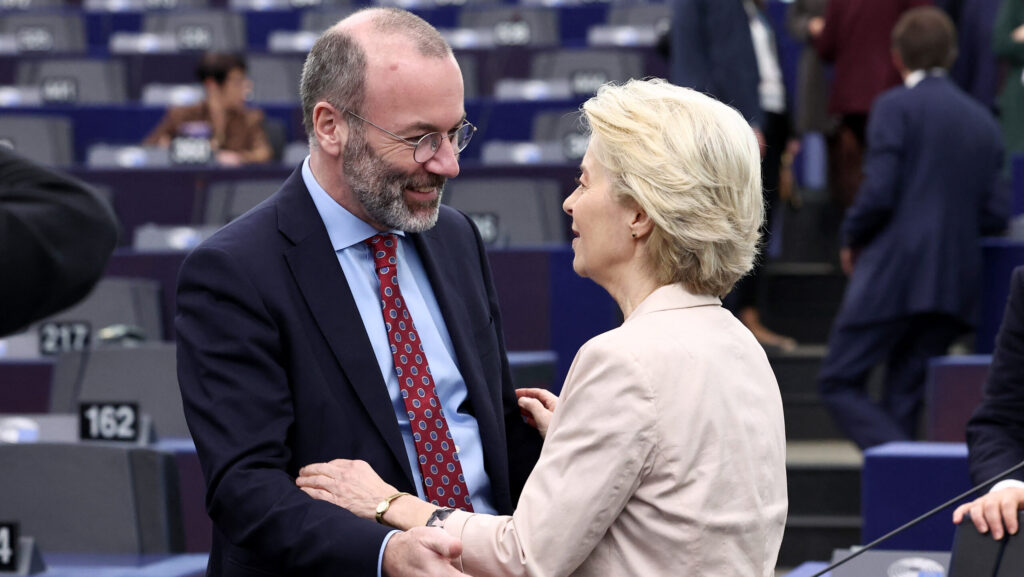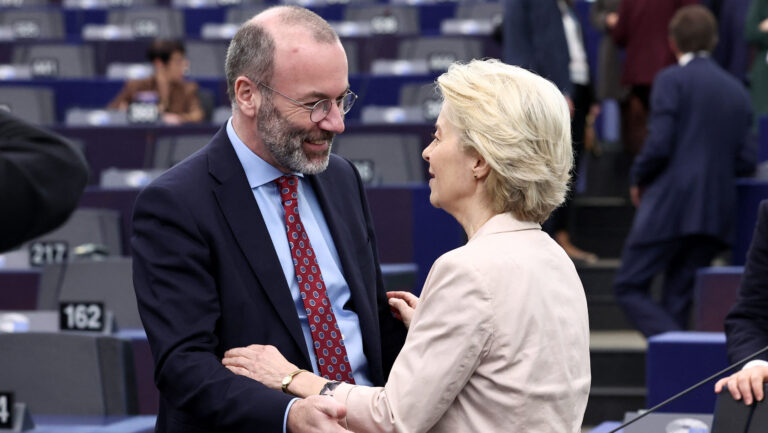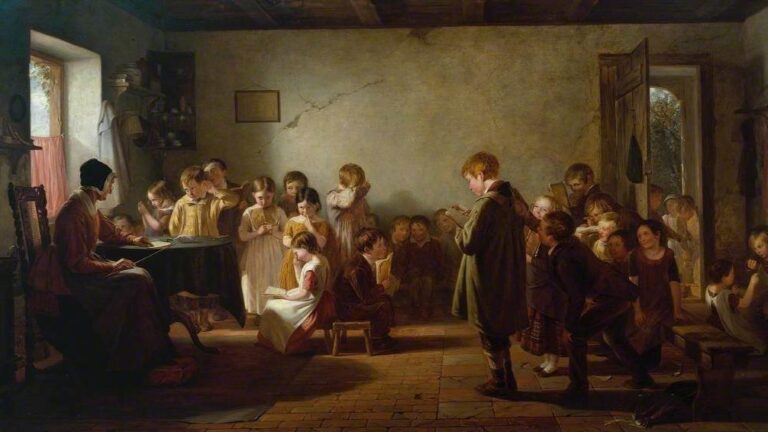The Hungarian nation and its leadership see themselves as being positioned between the East and West, and often between various powers. This has caused uncertainty and fostered a debate with regard to what the nation sees its identity as. This has also caused some bleeding-over into national directionality issues, as well as problems for its foreign policy. This unusual national position in the world between different influencing factors produces unique challenges and opportunities for the Hungarian nation going forward.
This struggle with identity has long been intertwined with Hungarian history. The nation’s forerunners, the Magyars, came from the East outside of Europe and culturally resembled Turkic tribes and other Eastern groups. After entering Europe,
King Saint Stephen decided that Hungary would become a kingdom based on the Catholic Christian faith and received the Holy Crown of Hungary from the Pope after declaring it as such,
thereby culturally orienting the nation towards the West. The Hungarian alphabet was subsequently changed to the Latin script, and Latin itself was made the official language of the country. These things marked the start of the Hungarian nation becoming a part of the West, yet Eastern in roots.
Later events would also demonstrate Hungary’s dual identity as being both Eastern and Western.
As Esbenshade explains, centuries of warfare, or the threat of it, by the Ottomans against Hungary cemented the nation’s self-image as a ‘borderland’ on the edge of Europe, guarding and defending an ungrateful Christendom against invading Muslim forces.[i] This feeling of political distance between Hungary and Western Europe has lingered into the present day, with an ongoing lack of support, political distance, and pressure from Western Europe. In addition,
after the Treaty of Trianon, the nation was caught between Hungarian political factions seeking to highlight Hungary’s Asiatic origins and identity versus others supporting its Western European identity.
Esbenshade states that, ‘Hungarians, in thinking about their national identity, have long been and continue to be buffeted by various and conflicting currents involving and surrounding the ideas of “Europe”, “Asia”, “West” and “East”‘.[ii] This national debate continues to the present day.
Hungary is a literal crossroads nation between Europe and Asia due to its geography and culture. It exists on the edge of Western civilization, as can be seen in Huntington’s Clash of Civilizations. In his book, ‘east’ of the Hungarian People starts what he describes as the distinct Orthodox civilization, and nearby also lies the Islamic civilization.[iii] Even though Hungary is now a part of the West, it still has links to the East, which is most notable through language as well as cultural origins and heritage.
Traces of the East can be seen in Hungary to this day, such as their ties to the Turkic and Mongolic spheres. This legacy is displayed in Hungary through the celebration known as ‘The Great Kurultáj’. ‘Kurultáj’ translates to ‘meeting of the tribes’, and, along with its variations, is a common word in many Altaic languages with nomadic and tribal backgrounds.[iv]
This can be seen in the Hungarians’ cultural focus on communal identity relative to individual identity. For example, through the Hungarian use of the ‘eastern’ style of name order, where a person’s family name is used preceding the individual’s name. This Hungarian communal identity extends beyond the family to the nation as a whole. Prime Minister Orbán stated in his recent speech that a core difference between the Hungarian Constitution and other Western constitutions in Europe is that it is centred on the ‘we’ instead of the ‘I’. He explained that was done to show the importance of community, family, and cultural identity.[v]
During a meeting I had with the Political Director to the Prime Minister, Balázs Orbán recently, I asked him his thoughts on this situation in Hungary. He summed up the nation’s political and cultural status by describing Hungary as a ‘keystone state’ between East and West. Hungary, as he explained, is a part of the West, but is positioned on the edge and consequently has relations with the East.[vi]
Hungarians even have a word for this national in-between state of being: ‘kompország’, which translates to ‘ferry country’.
The word is a reference to Hungarian poet Endre Ady, who described Hungary as proverbially travelling back and forth to the East and the West like a ferry, having cultural harbours on each of the two sides. A number of Hungarians have commentated on the position of Hungary as being ‘kelet és nyugat között’, or ‘between East and West’.[vii]
The question that arises from this status is what does Hungary do with this split identity? Some answers may be found in Prime Minister Victor Orbán’s recent speech at Tusványos, which I was able to attend. In it, it was clear that he and the leadership of Hungary were not simply blindly following along with today’s supranational narratives or ideological goals from the West or the East. In his speech, he criticized the West, saying ‘If one is involved in European politics, as I am, then today “Western values” mean three things: migration, LGBTQ, and war…these do not need to be presented in a bad light, as they already present themselves in a bad light.” [viii] These three issues have bred contention between Hungary and the rest of Western political leadership, with Hungary’s hesitance to be in lockstep with Brussels and Washington. He also emphasized the need for Hungary to stick to its traditional values, many of which are traditionally Western ideals such as protecting and upholding the family, and children, and standing for the Christian faith.
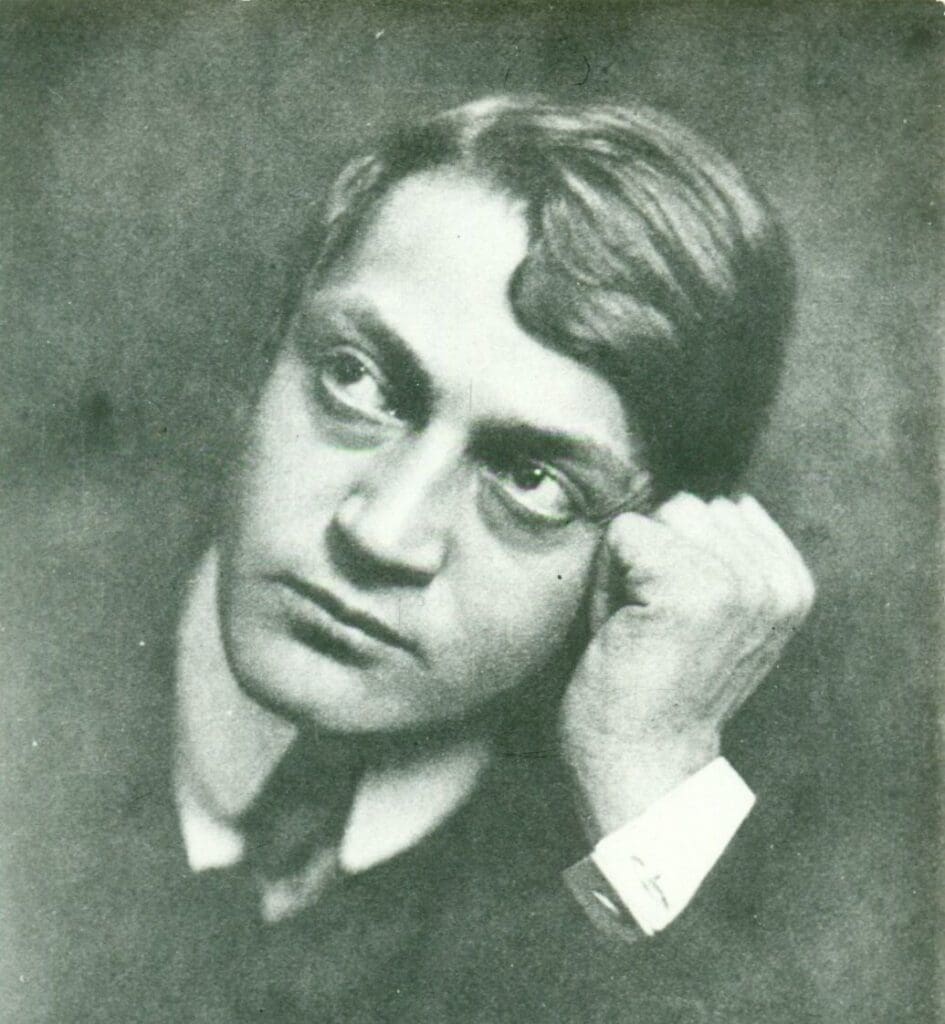
The title of the Prime Minister’s speech, as well as the central theme of Tusványos this year, was ‘A Time for Peace’, and this played a major role in his speech on a number of key issues. The most significant of these, as Orbán described, was the rise of China and the potential threat it represents to the West, in which he quoted Napoleon’s iconic characterization and warning of the Middle Kingdom’s power to “move the Earth.”
Orbán expressed concern that the US and China are on a collision course, which historically happens when a rising power threatens the power that has been in the first place, and he called on them to find a way to peacefully coexist.[ix] He also emphasized the need for regional peace between Hungary and its neighbours, continental peace in Europe, and most critically, a peaceful end to the Ukraine war. He sees peace in all of these areas as necessary for the continued growth, well-being, and prosperity of Hungary and the rest of the world.
Hungary’s political leadership is finding ways to navigate its unique situation by taking advantage of various aspects of its multifaceted identity
to create and strengthen its connections, reaching to the West for cultural, political, and defence partnerships and alliances. In America, it seeks political friendship and collaboration, specifically with conservatives through hosting platforms such as the Conservative Political Action Committee conferences in Budapest, along with maintaining its positions within the EU and NATO.
Hungary is also developing relationships with Eastern-oriented spheres by participating in other multi-national organizations such as the Ankara-led Turkic Council as well as cultural platforms with their fellow Altaic peoples in Turkic, Mongolic, and Finno-Ugric cultural communities to emphasize their common heritage. Hungary also offers aid and support to persecuted Christian communities around the world in nations such as Iraq, Syria, and Sudan.
Furthermore, Hungary is working with several East Asian countries on foreign capital investment and trade partnerships. At Tusványos, Orbán remarked that ‘in recent years, the biggest foreign investors in Hungary have been South Korea, China and Japan.'[x] Hungary has notably been partnering with China in a wide range of activities, including the Belt and Road Initiative (BRI), at a time when most European nations are moving away from the People’s Republic. As the Chinese government newspaper China Daily details, in a speech in which Orbán was courting BRI investment, he phrased the nation’s joint East-West identity in which he described the ‘ferry country’s’ situation as one in which
‘although Hungary’s ‘ship is sailing in Western waters. The wind blows from the East.’[xi]
Key activities have included investing in Hungarian cyber and telecommunications projects, in infrastructure such as railroad construction and rehab, as well as the establishment of battery factories, both established and proposed, across the country. In addition, China and Hungary are also collaborating on AI and logistics schemes through companies like Huawei. An increase in trade in goods such as machinery and food products has also developed.
Hungary has an unusual situation geographically and geopolitically speaking.
It has come with its fair share of historic problems and directional uncertainty. However, this has resulted in enabling Hungary to think and operate more independently of outside forces and to work with a variety of groups for the benefit of the nation and its people. As a result, Hungary is effectively resisting efforts for the nation to conform politically and culturally from the international political left as well as others. Instead, it focuses on charting and finding its own path in the world and is succeeding in its endeavours for its own benefit, standing up for its interests against those of supranational forces. As a result, the ‘ferry country’ is finding a rising sun over the waters where it sails.
[i] Esbenshade, Richard S. “Symbolic Geographies and the Politics of Hungarian Identity in the ‘Populist-Urbanist Debate,’ 1925-44.” Hungarian Cultural Studies. e-Journal of the American Hungarian Educators Association, Volume 7 (2014): http://ahea.pitt.edu DOI: 10.5195/ahea.2014.174.
[ii] Ibid.
[iii] Cato Unbound. “The Clash of Asian Civilizations?,” February 16, 2017. https://www.cato-unbound.org/2017/02/16/zack-cooper/clash-asian-civilizations/.
[iv] Kurultáj. “Information,” n.d. http://kurultaj.hu/english/#:~:text=The%20word%20%E2%80%9D%20kurultaj%20%E2%80%9D%20and%20its,in%20all%20the%20nomadic%20cultures.
[v] Orbán Viktor. “Speech by Prime Minister Viktor Orbán at the 32nd Bálványos Summer Free University and Student Camp – Orbán,” July 27, 2023. https://miniszterelnok.hu/en/speech-by-prime-minister-viktor-orban-at-the-32nd-balvanyos-summer-free-university-and-student-camp/.
[vi] Balázs Orbán, Political Director of the Prime Minister, interview by author, Budapest, Hungary, August 1, 2023
[vii] Esbenshade, Richard S. “Symbolic Geographies and the Politics of Hungarian Identity in the ‘Populist-Urbanist Debate,’ 1925-44.” Hungarian Cultural Studies. e-Journal of the American Hungarian Educators Association, Volume 7 (2014): http://ahea.pitt.edu DOI: 10.5195/ahea.2014.174
[viii] Orbán Viktor. “Speech by Prime Minister Viktor Orbán at the 32nd Bálványos Summer Free University and Student Camp – Orbán,” July 27, 2023. https://miniszterelnok.hu/en/speech-by-prime-minister-viktor-orban-at-the-32nd-balvanyos-summer-free-university-and-student-camp/.
[ix] Ibid.
[x] Orbán Viktor. “Prime Minister Viktor Orbán’s Answers to Questions from Camp Attendees – Orbán Viktor,” July 26, 2023. https://miniszterelnok.hu/en/prime-minister-viktor-orbans-answers-to-questions-from-camp-attendees/.
[xi] Horvath, Levente. “Tap the Eastern Opening.” Opinion – Chinadaily.com.cn, June 2, 2022. https://www.chinadaily.com.cn/a/202306/02/WS64792034a3107584c3ac3720.html.
Related articles:

